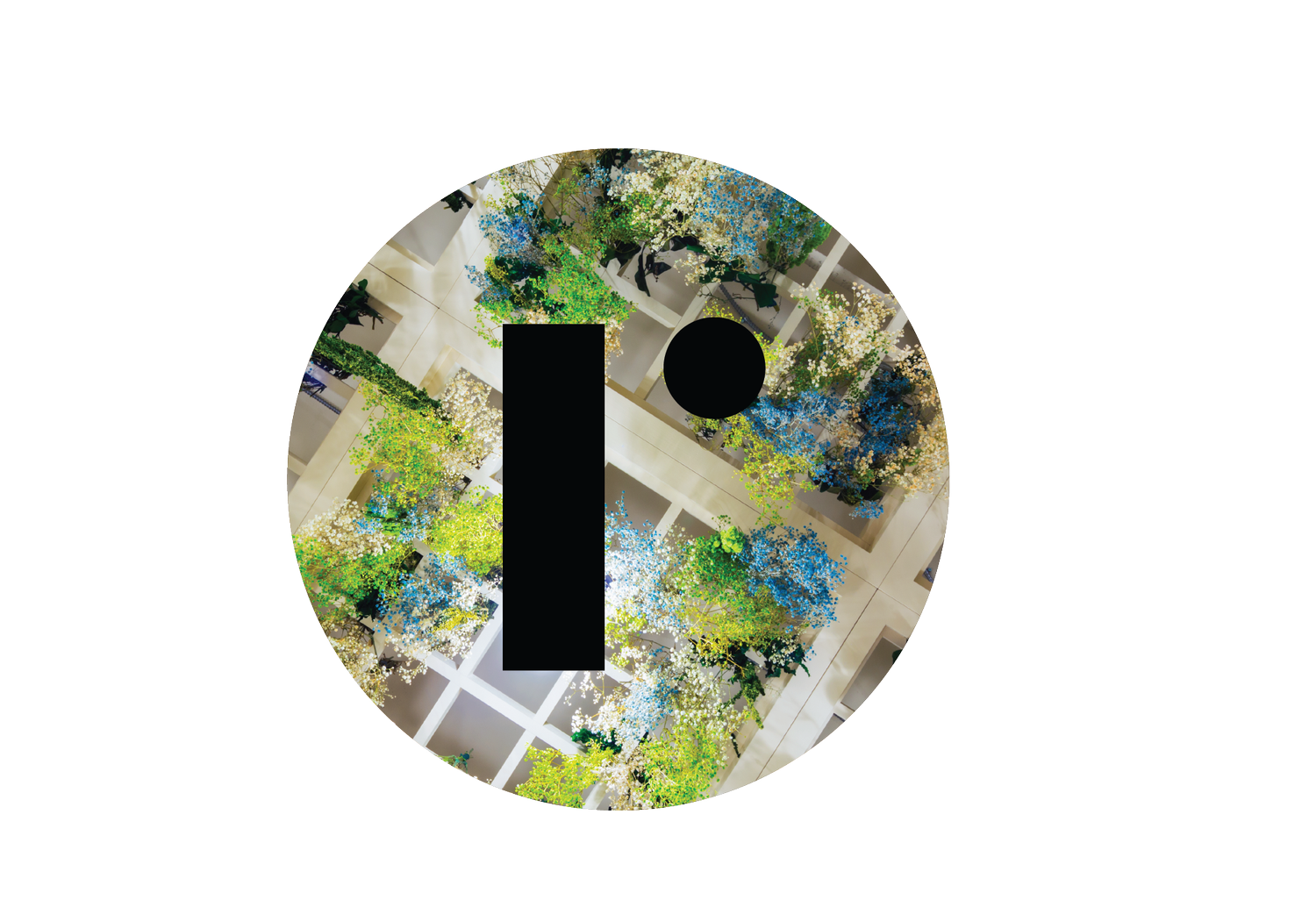When architecture firms model the Stasi
Image via Unsplash
I've written about this before, it's not because technology makes NSA-level surveillance abilities available to the average joe, that it's a good idea to spy on employees in a way that would make the Stasi green with envy.
Culture is what makes a company great, not its panopticon-like spying on employees. Employee surveillance will make the morale plummet, as described in this cautionary tale from the Guardian. In every industry, there are bad players, so I'm not out to make the entire AED sector guilty, but this story is worrying enough that it needs to be talked about.
While psychological warfare may seem like the only option to control one’s employees’ output when they’re all working from home, it is hardly different from what the East German used to call Zersetzung, something that any reasonable person should find appalling to the core.
Conversely, actively working at building trust amongst your workforce is the most effective and productive in the long-term. Surveillance might give the information and tools to enforce rules of conduct in the short term, but how would you feel if you were surveilled at all hours of day and night without knowing it, in your own home?
And if there are employees that cannot be trusted, maybe it's time to rethink the hiring policies, instead of trying to cure the disease by treating its symptoms.
Being a control freak is not a good idea for someone looking to build a business that is here to stay and where employees are happy to come to work.


